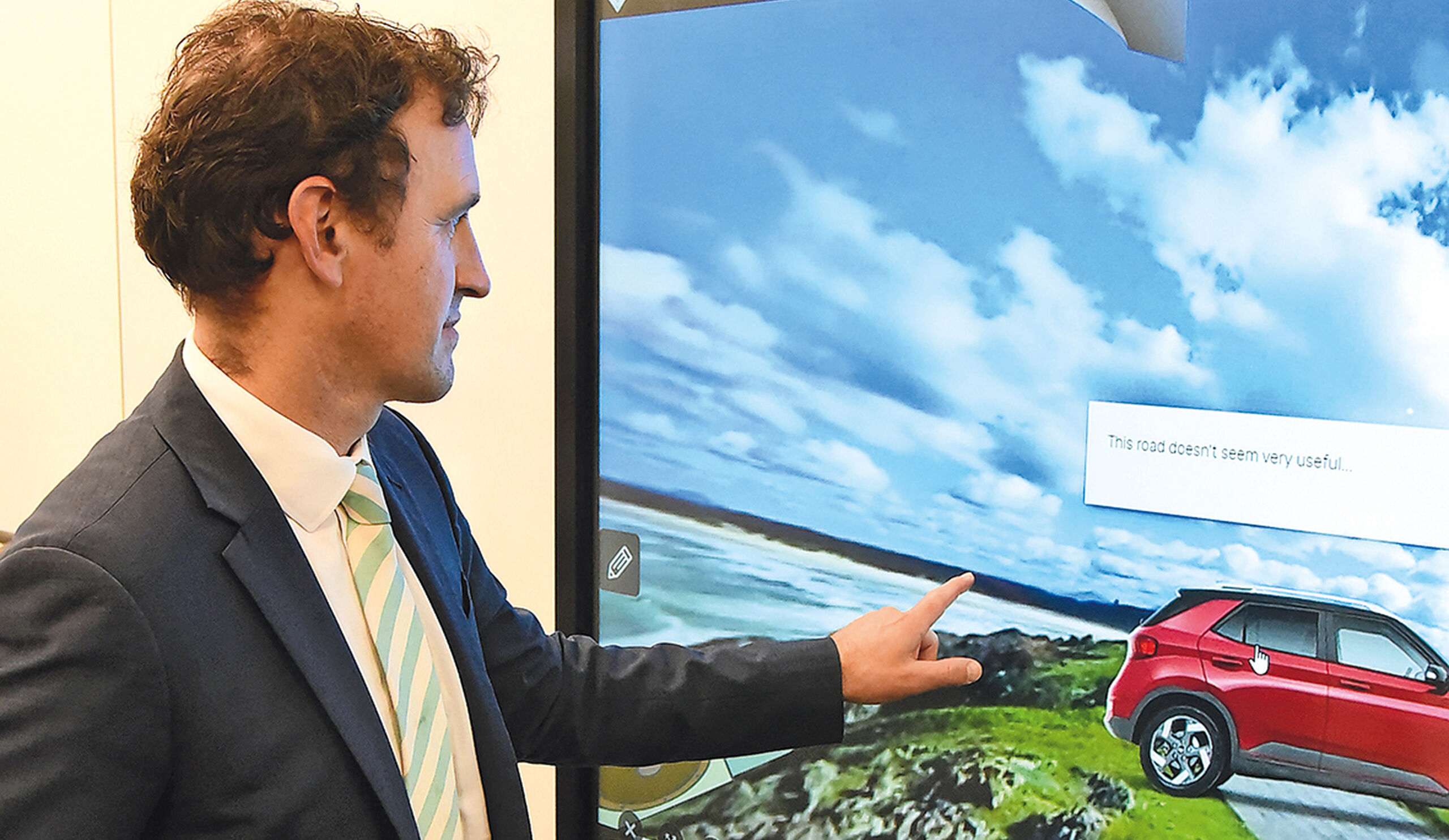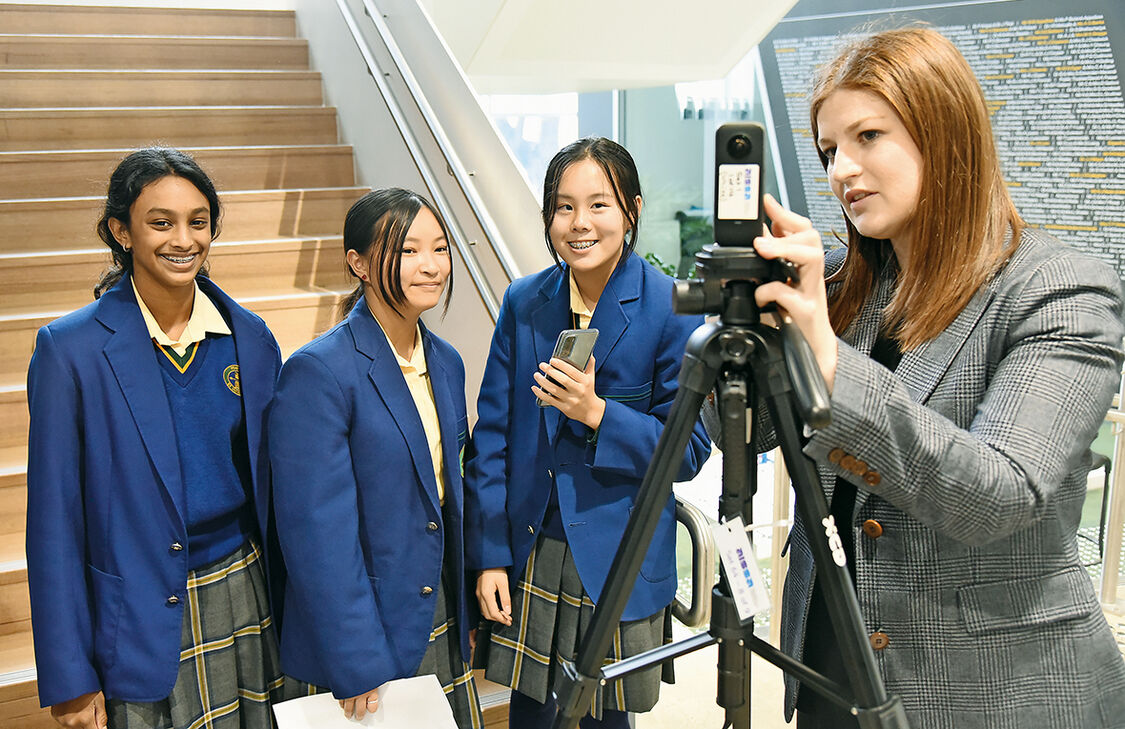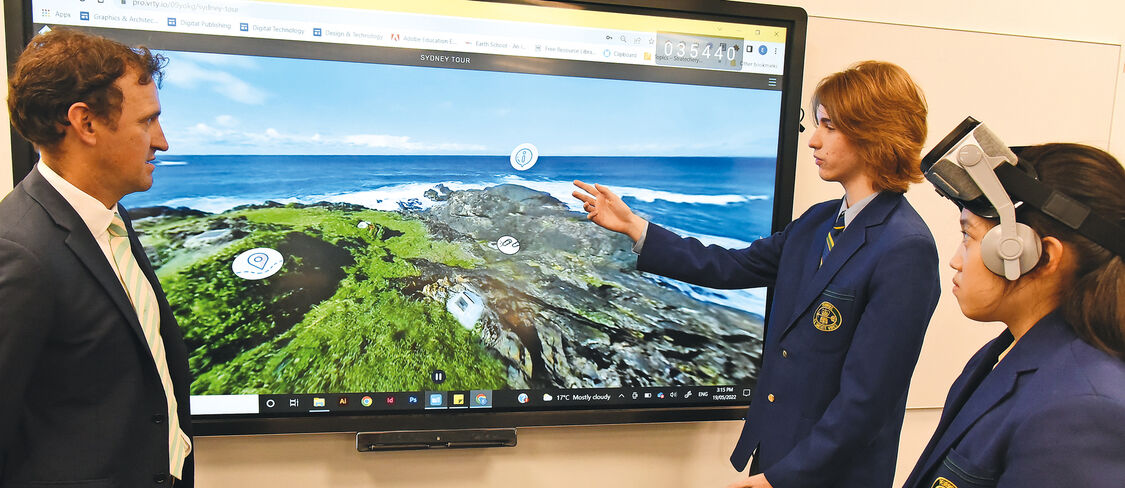31 May 2022
While we in South Australia have had less disruption than most, the pandemic has accelerated some key discussions in education and the extent to which the current system meets the needs of our young people. The most significant of these discussions is whether schools sufficiently recognise the extent of the learning that students achieve during their time at school. Currently schools are required to report achievement on a 5-point scale in each learning area; however, that only provides limited scope for recognition of the varying achievement in the plethora of skills and knowledge that students develop during their time at school. Equally, students in Year 12 are recognised in both SACE and the IB through numerical scores for each subject, which combine to assign them an overall score. For the vast majority of our students these scores are then ranked for the purposes of entrance into tertiary education.
Should schools and education systems recognise the achievements of students across a much wider set of criteria and capabilities than just their knowledge in specific subjects? The broad consensus is yes but therein lies a very complex problem; is it possible to certify a level of achievement in broad capabilities that an employer or tertiary education provider can rely upon as a valid measure? Teachers and schools are able to assess students’ strengths and abilities over a significant length of time, and thus can reliably assess those students based upon their specific school context. However, it is less clear that these assessments necessarily translate to comparisons with other students in other schools, and that they actually provide any basis to infer achievement in general capabilities. For example, a teacher can assess the Chemistry communication skills of a student in their class based on all the work they have done throughout the course, but does that allow them to infer anything about their general communication skills or easily compare these skills with those of another student in a completely different school studying different subjects? On a most basic level this requires consideration of whether these types of capabilities can be separated from the specific context in which they are considered. Is there such a thing as an excellent communicator across all domains? Or are the skills linked inextricably to the content that is being communicated, making discipline knowledge crucial in facilitating skills?
Another linked yet separate discussion is the inclusion of interdisciplinary knowledge and concepts into curriculum offerings. The world is complex and most contemporary issues are not neatly divided into specific disciplinary groups. For example, climate change is not a purely scientific phenomenon, having implications in geography, business, economics, politics and technology, as well as historical roots and influence in language, culture, the arts and literature. So, allowing students to experience that complexity prepares them for engaging in these types of issues once they graduate. The difficulty once again lies in how these experiences are integrated into a coherent scheme. In practice the best interdisciplinary teams are those in which individuals bring their own expertise and can contribute to the discussion from their own experience and perspective. Discipline knowledge is not less useful but often does not form the entire picture, so schools need to find the right balance of ensuring continued discipline-specific growth while also acknowledging the limitations of individual disciplines to deal with complex problems. At ¿÷≤•¥´√Ω we have strategically sought opportunities to provide students with both specific interdisciplinary options as well as options for disciplines to collaborate in areas that can offer authentic experiences for students. The CO2 Dragster project that the Year 7s engage in is an excellent example of such a collaboration between the sciences and technology.
The final trend, which has accelerated since the pandemic began in 2020, is the role and purpose of technology in education. ¿÷≤•¥´√Ω has always been circumspect in its approach to the use of technology, acknowledging its benefits but always aware of its limitations. The shift in community confidence in, as well as broader acceptance of, technological solutions has created some amazing opportunities for our students, whether it be zooming in talks by old scholars and other experts, or creating and exploring virtual reality spaces from here at School. However, access to technology is not without its challenges, particularly in ensuring that students think critically about the information that they access, and ensuring that they form good habits in regard to managing distractions and efficient use of their time. But, more fundamentally, one of the most valuable aspects of school is the ability to discuss, debate and consider ideas with a group of other individuals. Gaining knowledge may be possible as an individual in isolation, but genuine understanding often requires others to provide different perspectives that open our minds to ideas we may never have considered ourselves.
At ¿÷≤•¥´√Ω we continually reflect and consider new approaches to ensure that we are providing the best educational experience for our students. We are cognisant of the employment landscape for our students but also of the need to develop skills and knowledge to cope with the academic demands of the tertiary sector and to contribute effectively to local, national and international debates that shape our future. While we do this primarily through the lens of specific disciplines and subject knowledge, we are also conscious that the development of skills and attributes is just as important. If there is one constant it is that the most valuable skill is the ability to learn.
Clark Roberts-Thomson
Dean of Studies



